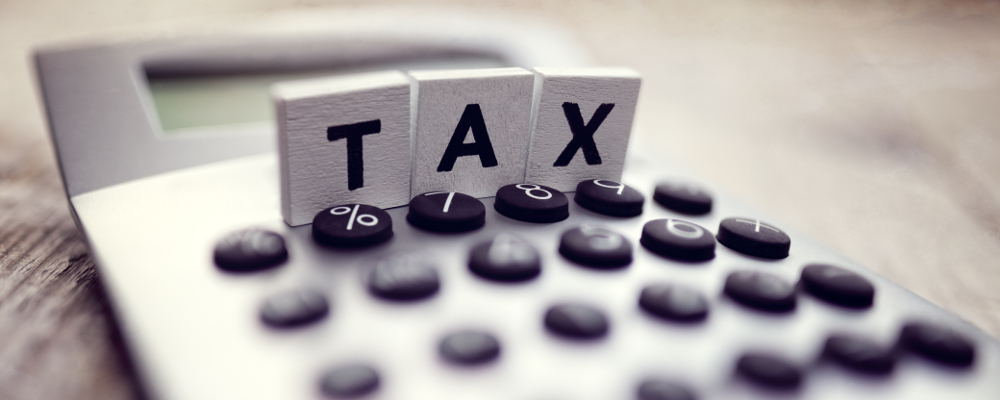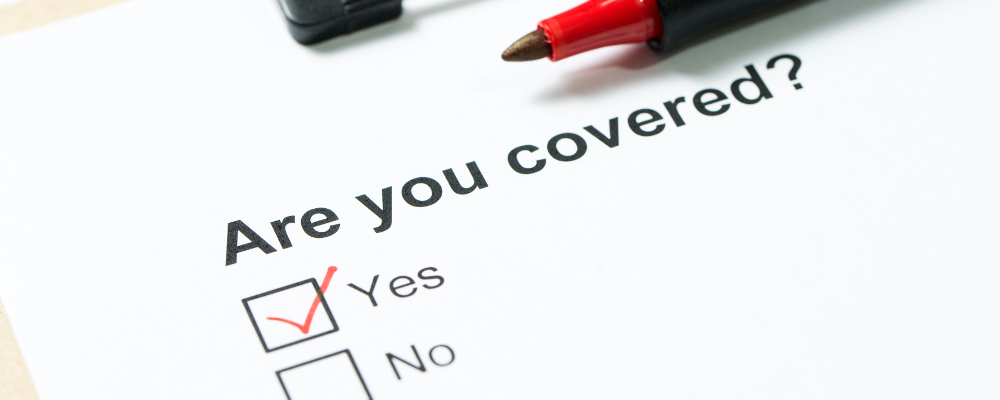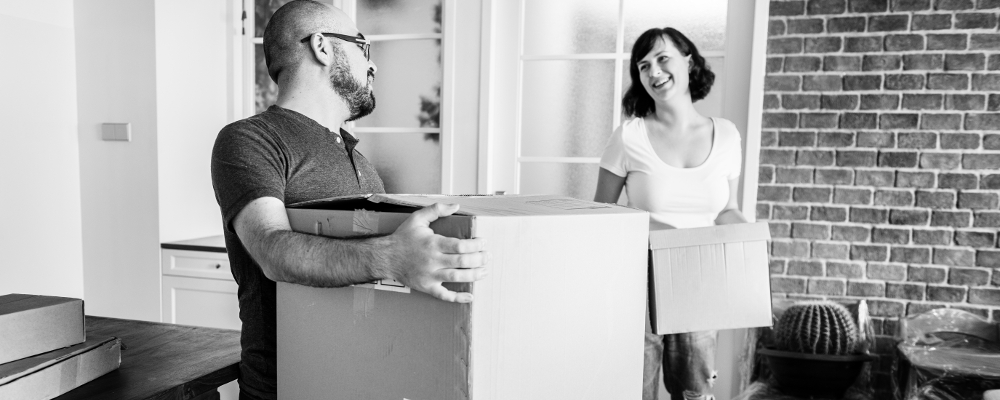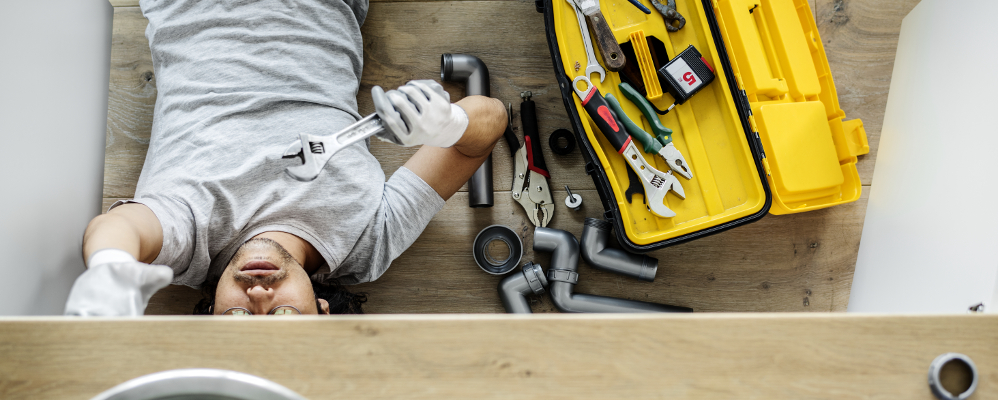Owning your first home is an exhilarating experience, one that fits the criteria of “#lifegoals”. You’ve set aside your savings and budgeted for the monthly mortgage instalments. You think you got everything covered, but really, have you?
It’s common in the first two years of homeownership you will chalk up more expenses compared to a non-homeowner.
This is on top of all the money associated with your new mortgage payment. These added home expenses can come as a surprise. It’s best to be aware of all the hidden costs of homeownership.
Read below to discover five unexpected expenses of owning your first home.
5 Unexpected Expenses of Owning Your First Home
1. Property Taxes

If you’ve been renting, property taxes can come as a surprise.
Property tax is tax on property ownership calculated based on the Annual Value of your property.
You are subjected to property tax commencing from the date you take ownership of your property. The taxes are payable to IRAS on a yearly basis.
Whether it is owner-occupied, rented out, or vacant, you cannot escape paying property tax. The only difference is the tax rate – cheaper rates for owner-occupied properties in the range of 0% to 16% of the Annual Value.
2. Insurance

There are a few types of insurance that come with a new home – fire insurance, home contents insurance, and mortgage insurance.
While the latter two are optional, you will need to apply for fire insurance coverage if you’re an owner of an HDB unit.
Also, having fire insurance is one of the important items in your new home handover checklist before moving into your HDB flat.
Fire insurance is important to minimize the financial burden of repairs in the unfortunate event of a fire, but it doesn’t cover furniture and home contents.
Hence, read and understand the policy coverage. Then, decide if you need to add on the optional insurance for home contents and mortgage.
3. Utilities
Buying a new home means getting used to all the associated utility costs. If you’ve been renting, you may not have had to pay any utilities at all because it is often included into the rental amount.
But not anymore. Once you become a homeowner, you will be accountable for all the utility expenses.
Among your possible utility bills include:
- Electric
- Water
- Gas
- Refuse removal
- Cable television
- Internet
The monthly expense may not be too much of a surprise. But having to pay a security deposit after signing a utilities contract, is. Although deposits are refundable, having to fork out money upfront can be quite a jolt to the bank account.
The good thing is that there are always savvy ways to save on utility bills with a little discipline and practice.
4. Moving Expenses

You’ve got everything sorted out. Your house has electricity, water and Wi-Fi. Now, all you need to do is just move in. But, you are also a proud owner of so many clothes, shoes, cookware, furniture, fancy artwork, etc. You definitely need more than just luggage bags.
Conducting the move into your new home comes with a price tag. If you hire a professional company or plan to do the work yourself, there are still costs involved.
So, be sure to budget for a moving truck, boxes, and cleaning supplies.
The good news is that moving expenses are a one-time cost. The hope is that once you buy your new house, you won’t be moving anytime soon.
5. Service Charges and Maintenance Fees
When you live in a community, be it a private condo or HDB flat, you are not only accountable for maintaining your own property. You are also responsible for the cost of maintaining the common areas and facilities whether you use them or not.
HDB owners pay for service and conservancy charges which may vary depending on the type of flat and the town council you live in.
Private condo owners pay for maintenance and sinking fund fees. Maintenance is calculated based on the size of your unit and location of your property. So, the bigger your unit is, the higher your maintenance and sinking fund fees are.
Future Home Expenses
This list is not exhaustive. Unexpected expenses can pop up out of the blue in the form of repairs due to leaks, renovation costs, car park fees (if you own a car), and many more.

When you mentally prep yourself for the unexpected, you will feel more comfortable in budgeting for these expenses.
Once you’re all settled into your new home, it’s time to make it your own.


